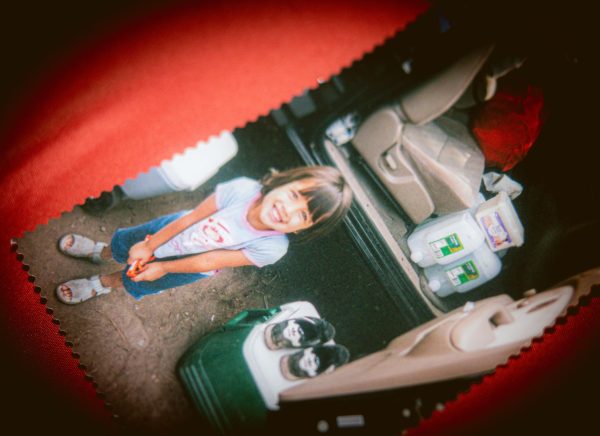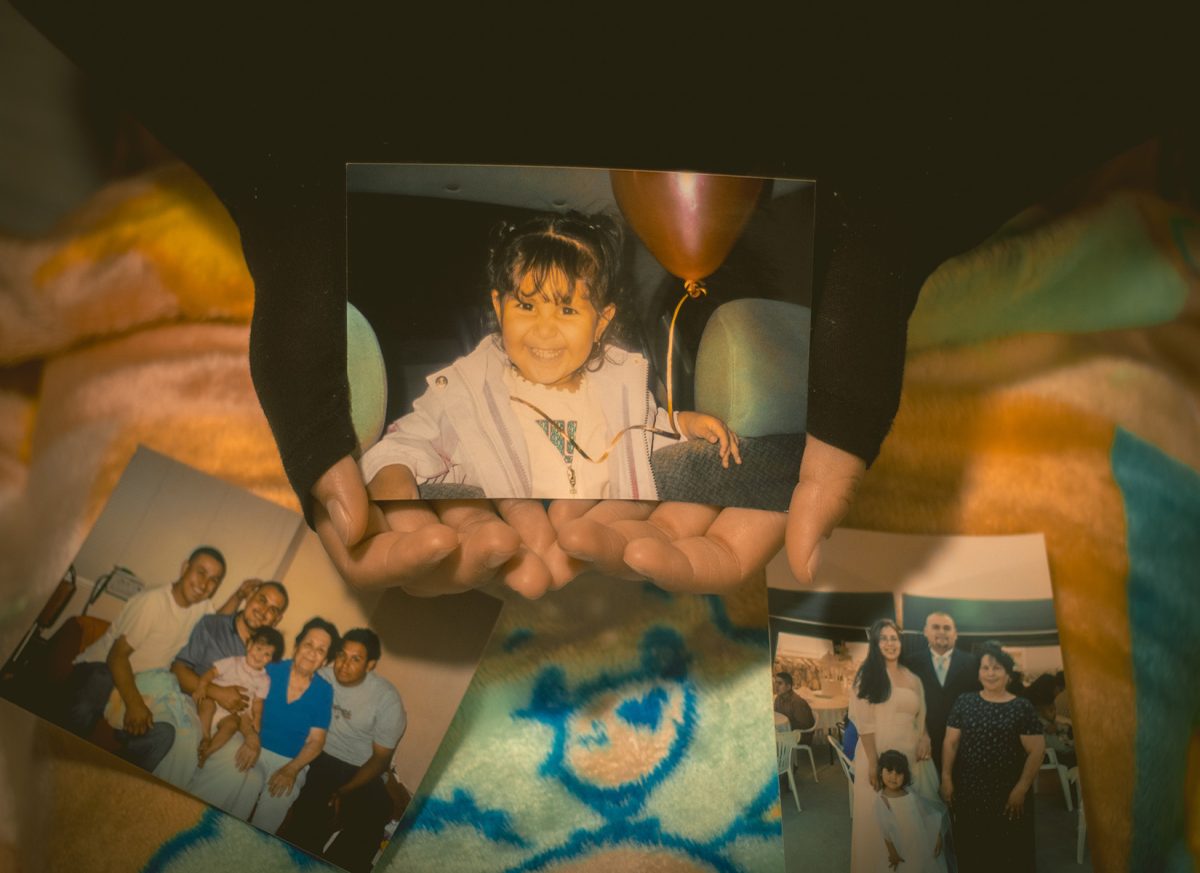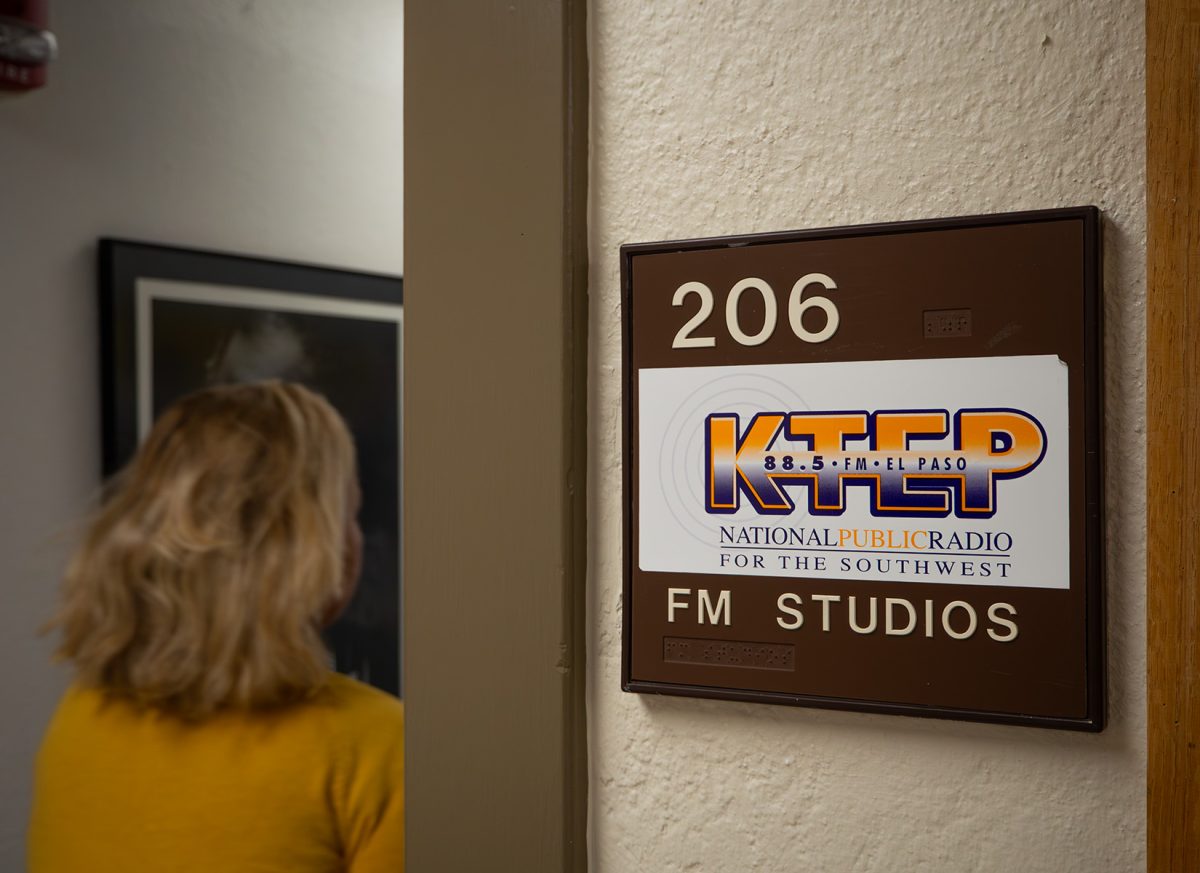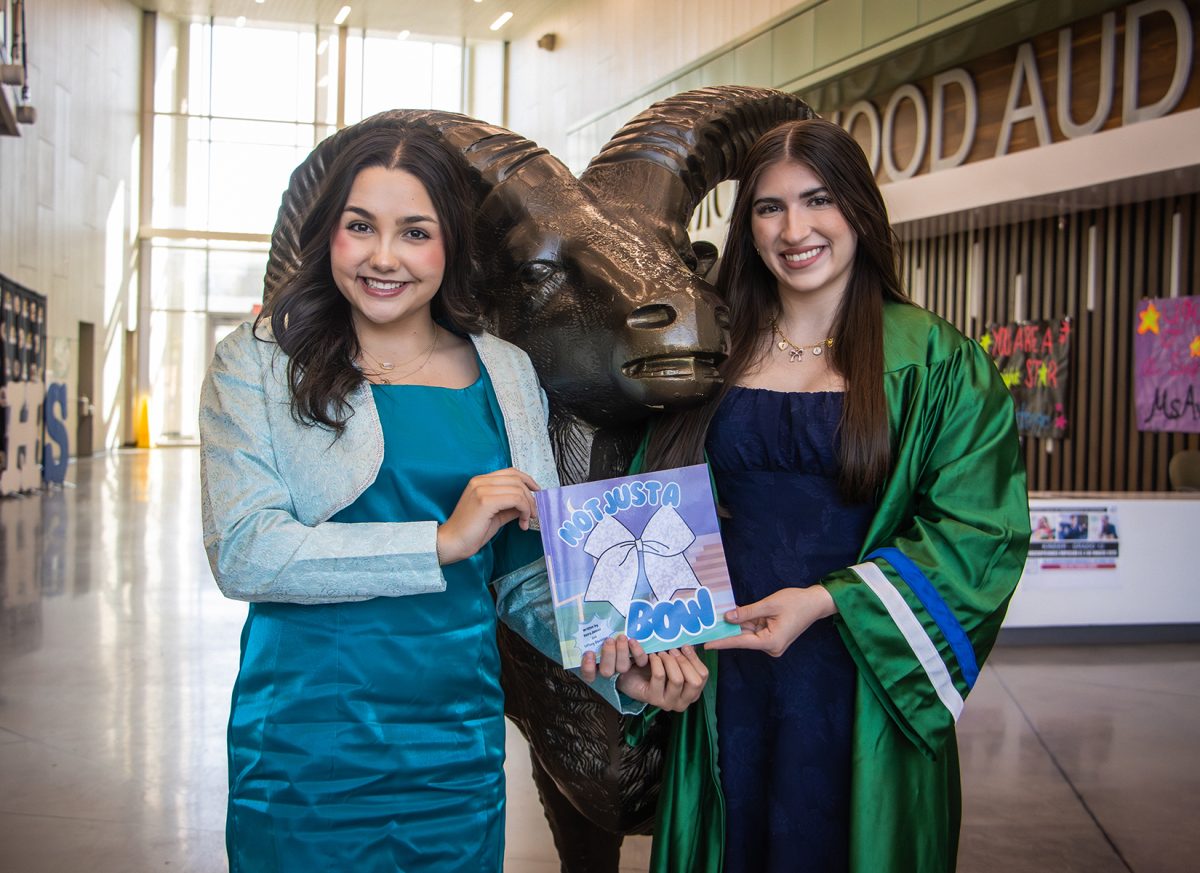Editor’s note: This article is the final part of a three-part series surrounding the cultural discussions around Mexican Americans that do not speak Spanish, also known as “No Sabo,” kids.
They are not less Hispanic for not being fluent in Spanish. That is a saying a lot of Gen Z No Sabo kids hold near and dear to their hearts. This final part is a love letter to all, especially to the older generations of Hispanics and most importantly to Spanish; there is so much more life to be lived. El Paso is a multicultural city, in which Mexican and Chicano culture is in their blood. It is not a dying form by any means as no sabo kids latch on and embrace where they come from.
Emri Nuñez, 22 and server at Crave says she only understands basic Spanish due to her parents being no sabo kids themselves. In her three years in the food industry, she has gotten some sour encounters for not speaking Spanish.
“The ones that kind of look at you like ‘seriously you can’t speak Spanish?’ Or they think I’m lying like if I’m trying to be rude or something,” said Nuñez. “I do recognize that the bad encounters are like the older generation who are more judgmental. As it’s more the younger generations, I guess, that are more understanding and more helpful than anything.” said Nuñez.
Nuñez emphasizes that she has had more helpful and refreshing experiences from strangers than bad.
“Some try to help me to understand, or they understand that they can talk to me in Spanish, but I’m going to reply mostly in English. So, I get a lot of understanding people like that,” said Nuñez.
Nunez recounts an interaction where she says a man took time out of his day to to explain and teach some Spanish words and responses. She says this moment helped her embarrassment dissipate in that moment.
“It could be pretty nerve wracking, I guess knowing that someone is more comfortable speaking in Spanish because I’m not as comfortable. I can understand (Spanish) a lot, but being able to really speak back it’s hard to do,” said Nuñez.
Nunez says instead of criticism, younger generations should be met with construction to help them be more comfortable learning and speaking the language. To those who do not understand no sabo kids and even look down on them, Nuñez shuts down the stigma that one must be fluent in Spanish to be and feel Hispanic.
“It is not our (no sabo kids) fault. It is hard to learn a language, especially if you were not taught as a child. It does not mean I am not open to learning! We are still apart of Hispanic culture…I love being Hispanic, it (language) does not change anything for me,” said Nuñez.

There is beauty in being curious as a no sabo kid. Nuñez explains that she has always been open to Spanish.
“I practice every day, I ask questions… I have those conversations more often.”
She says while she is learning, there is also healing taking place that goes back to her childhood and having that burning desire to speak her native language.
22-year-old, Aneley Munoz was taught the basics of Spanish by her parents up until the age of six. Something that keeps her grounded and eager to learn is her family.
“My boyfriend who is fluent in Spanish. It’s a learning experience for both of us at the same time as he’s learning English. I teach him and surround him with the American music and how to stay certain words,” Munoz said.
With this learning relationship, there is an equal take away. There is nothing more generous and kind than two people teaching each other a new language.
As well as important true friendships, Munoz talked about ow her high school best friends come from households where their parents only spoke Spanish but were willing to be considerate of her other best friend that were no sabo kids.
“They kept that consideration that I don’t know Spanish. They never pushed or forced it on me…that’s what I appreciate my friends for because they’re very understanding of me. After a couple of years of knowing them, when I do speak Spanish them, that’s when they start picking up their Spanish,” said Munoz.
Munoz says there is an unspoken bond between fluent friends and no sabo kids.
“My anxiety with speaking Spanish in public has gone down tremendously (after meeting her support system) they lifted me up and reassured me that I don’t need to learn Spanish. To take my time they will help me. There’s no rush because at the end of the day they understand what I’m saying and I’m understanding what they’re saying,” said Munoz.
Munoz explains that language is not everything, it doesn’t dictate someone’s ethnicity. She constantly keeps Spanish at her forefront in her life. “I’m constantly listening to Spanish music—I listen to the lyrics to learn. Also, home cooked Mexican meals from my grandma and mother. There is so much around El Paso that it keeps the Hispanic culture alive!” said Munoz.
Ultimately, the heart of the no sabo kids comes down to love they genuinely have for their cultural language. By building a support system to guide and inspire the eagerness of learning, their next lesson in Spanish leads them to healing their inner child and their relationship with Spanish.
Dominique Macias is a staff photographer and may be reached at [email protected]







